In 1872, Broadway Almost Became a Giant Moving Sidewalk
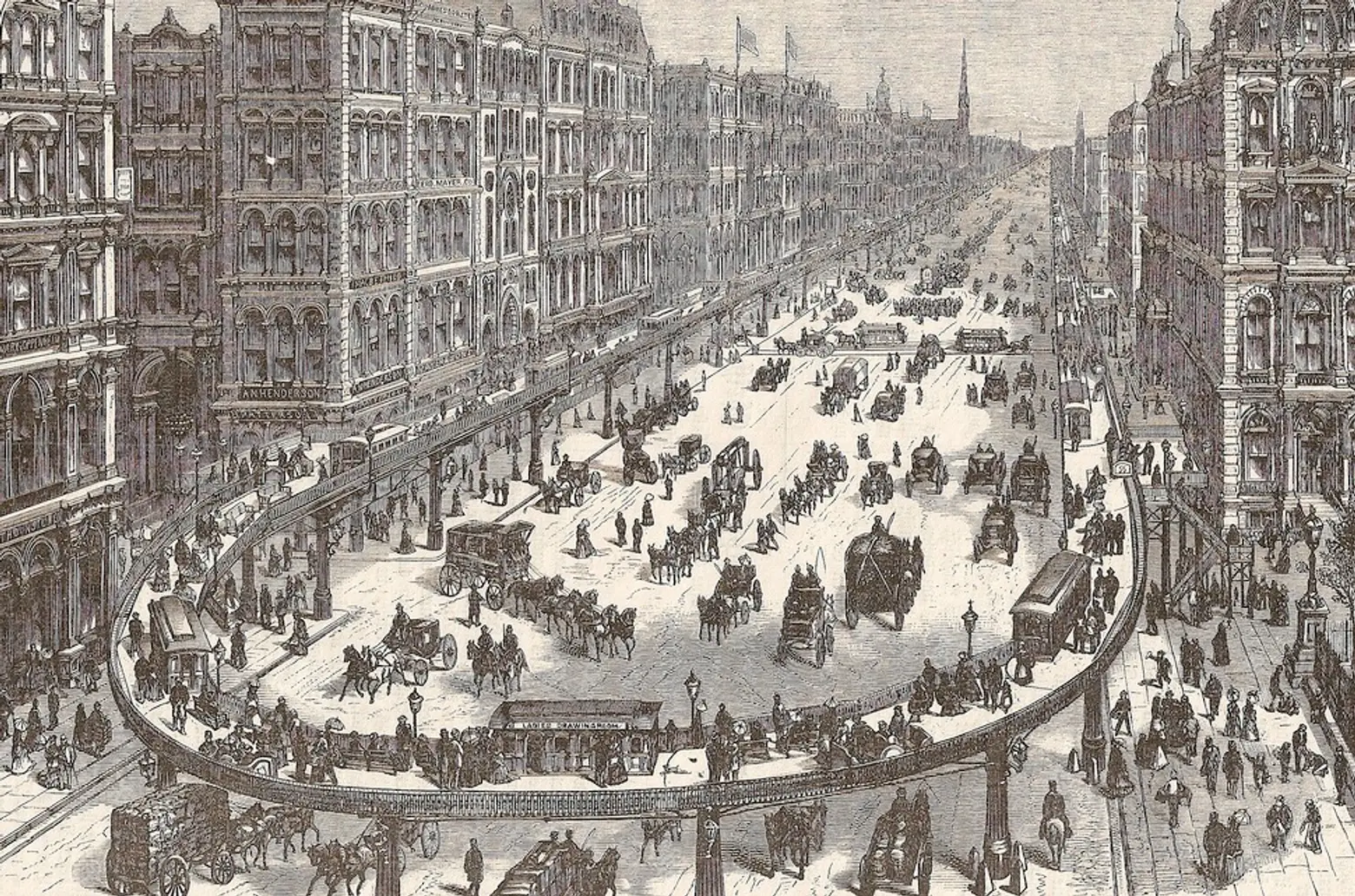
Image via All Ways NY
6sqft readers may remember a 1951 proposal by Goodyear Tires for a giant conveyor belt to carry people between Times Square and Grand Central. And though this was certainly a wacky idea for the time, there was an even earlier proposal for a moving sidewalk that took the city by storm.
Back in the late 1860s/early 1870s, inventor and businessman Alfred Speer was fed up with street congestion in front of his wine store on Broadway near City Hall. Though elevated trains were popping up around the time, they were mostly above 14th Street, so Speer designed an aerial, steam-powered sidewalk (much cleaner than the locomotive trains) that would make a loop up and down Broadway to alleviate traffic. It would be constantly in motion at 10 miles per hour, carrying passengers by foot or in its movable chairs for five cents a ride. Speer even went so far as to patent the idea, officially called the “Endless Traveling” or “Railway Sidewalk.”
An 1872 issue of Scientific American profiled the $3,722,400 sidewalk, noting that it would be operated by underground engines, pulled by moving cables, and held up by five or six iron pillars on every block. The conveyor belt itself would be 16 to 18 feet wide and placed 12 feet away from buildings. Store and business owners had the option to place a walkway directly to the sidewalk; otherwise passengers would enter via stairs at street corners (which sounds very High Line-esque). Along the route there would be heated drawing and smoking rooms where riders could take refuge from bad weather.
The diagram above shows how the sidewalk would have two rails, one stationary and one that moved at the speed of the sidewalk. The seats would then have two sets of wheels, one on each rail, so that they could be stopped to allow passengers to exit.
According to Untapped, “Speer’s plan gained support from prominent politician Horace Greeley and was passed by the state legislature in 1873 and 1874. But Governor John Dix ultimately vetoed the plan twice, objecting to the moving sidewalks’ interference with street-level sidewalks, the price tag and its layout.”
RELATED:
- Goodyear Wanted to Create a Giant Conveyor Belt to Carry People Between Grand Central and Times Square
- A Madcap Engineer Wanted to Pave Over the East River to Create a “Mega-Manhattan”
- The Subway That Could Have Been: Mapping Never-Built Train Lines and Abandoned Stations
- Never-Built Hudson River Bridge Would Have Been Twice the Length of the George Washington Bridge
Photos via Scientific American unless otherwise noted
Explore NYC Virtually
Leave a reply
Your email address will not be published.
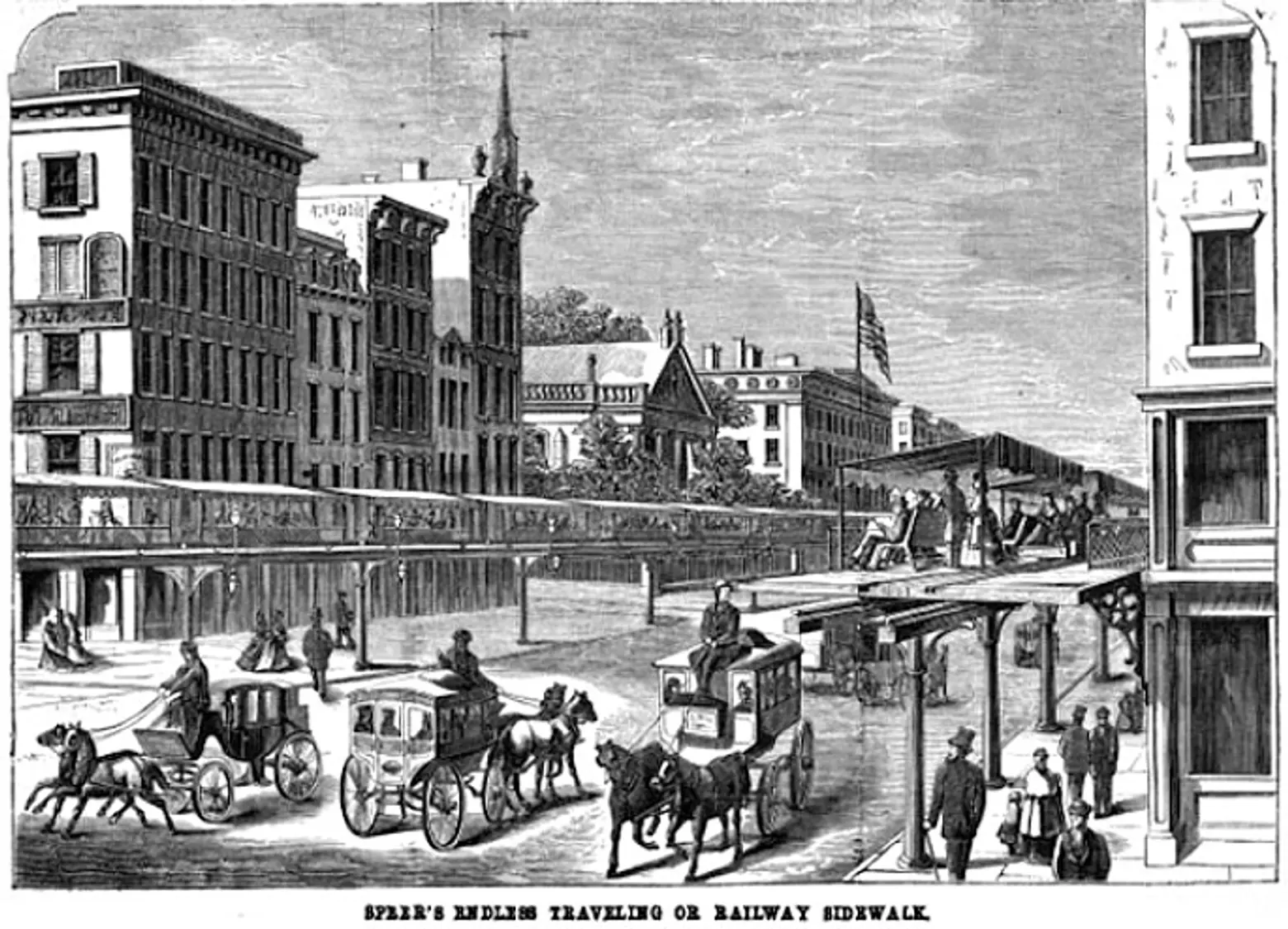
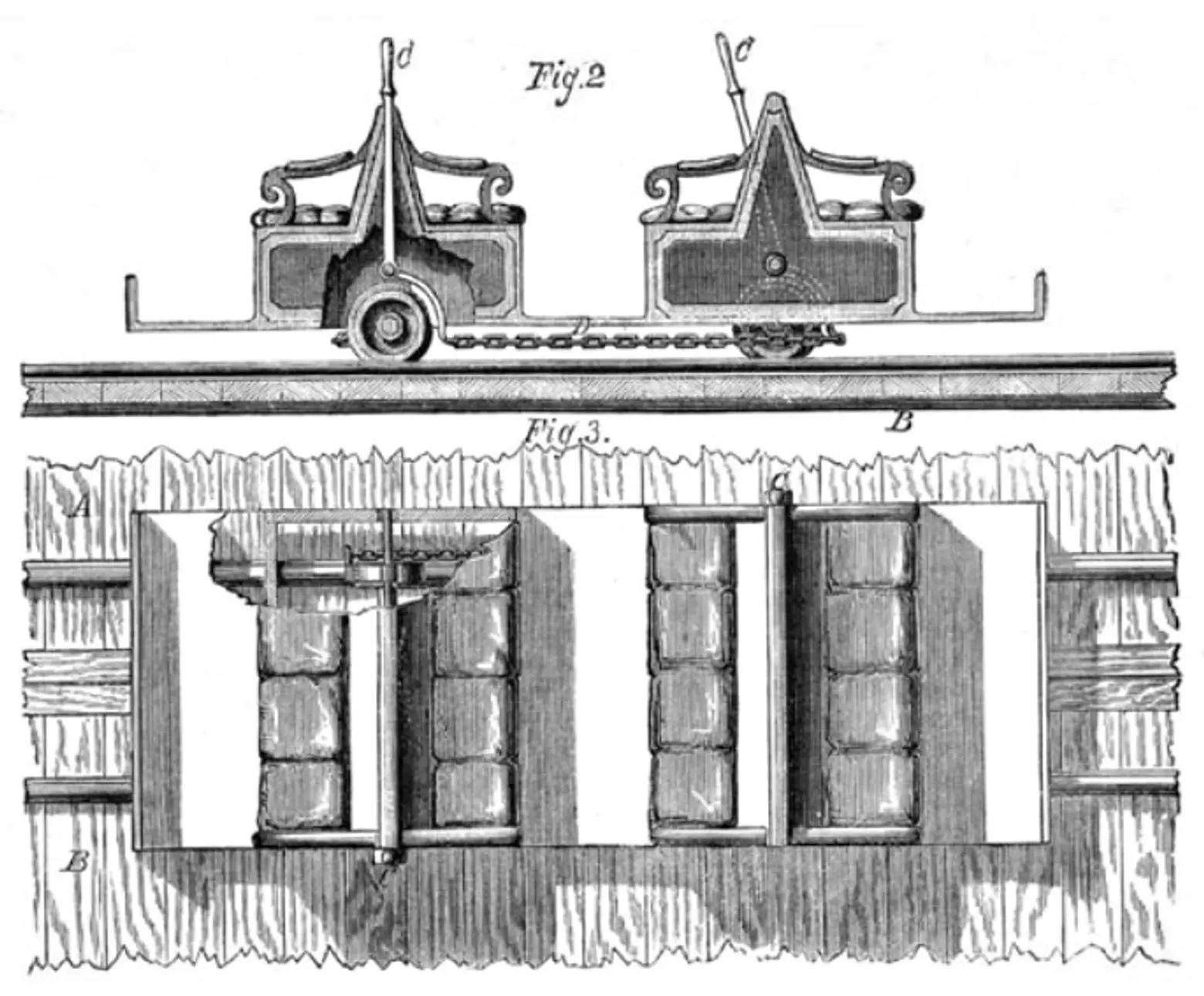
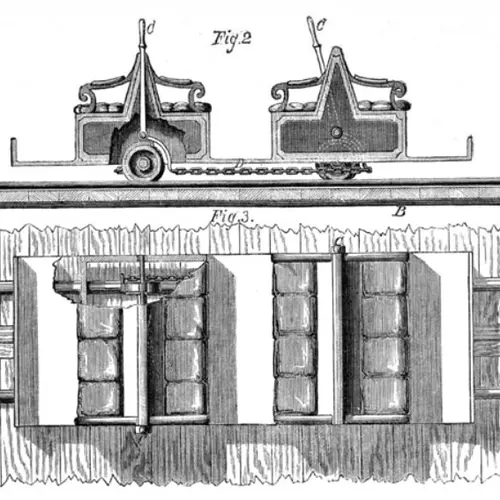
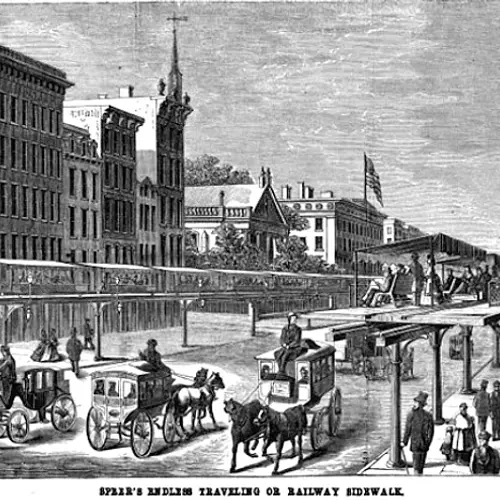
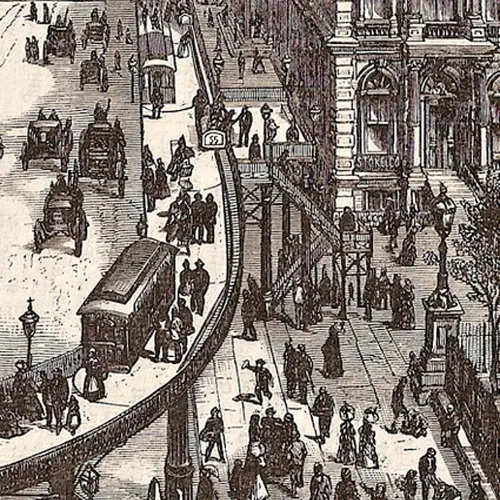
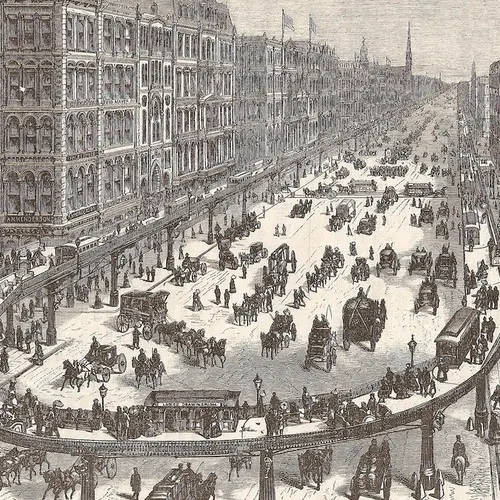


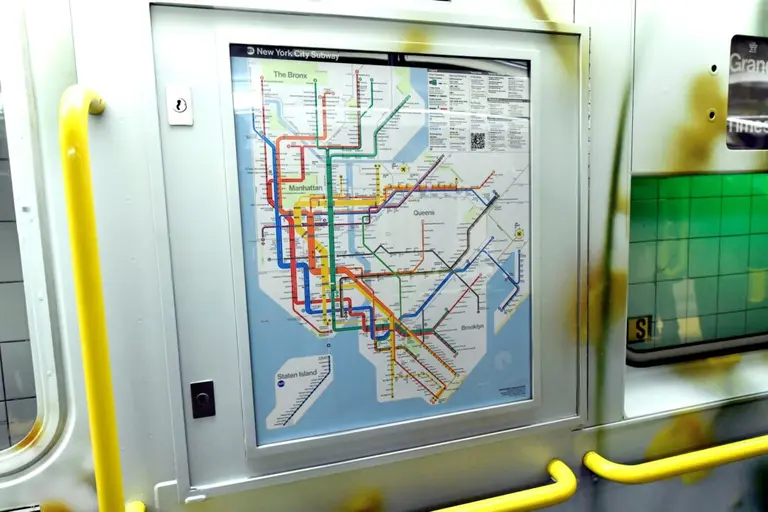
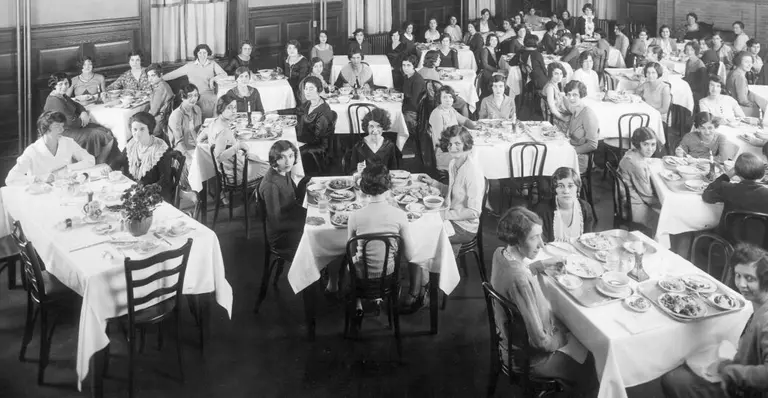

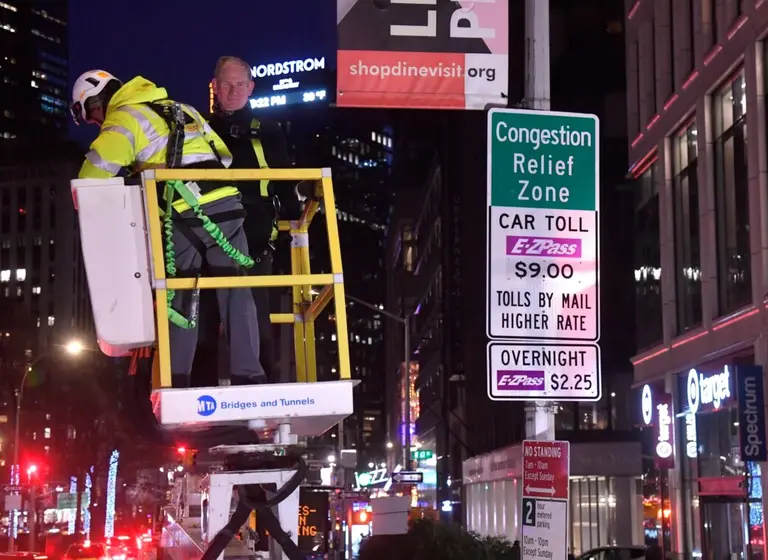








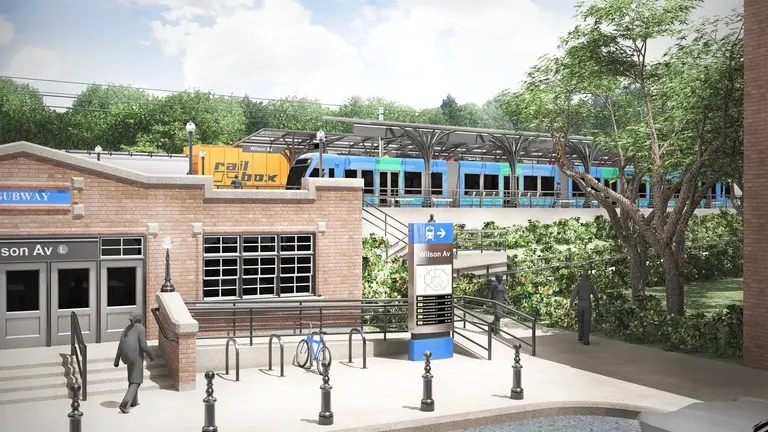
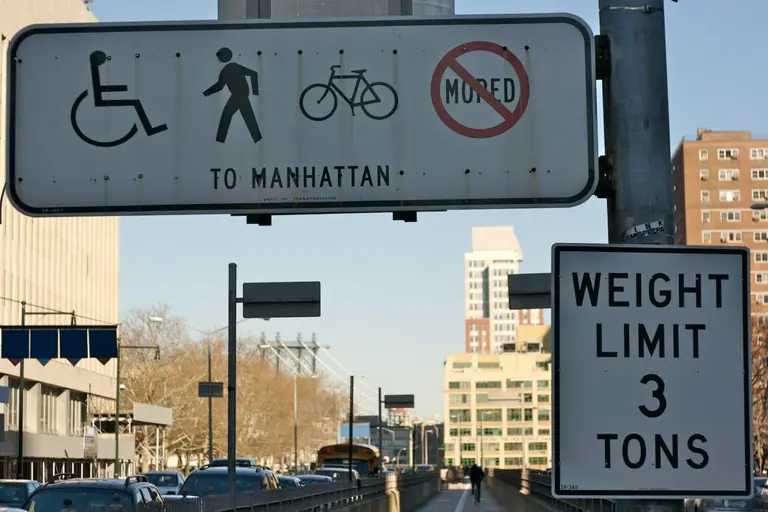













Yes! Love the top illustration, too!